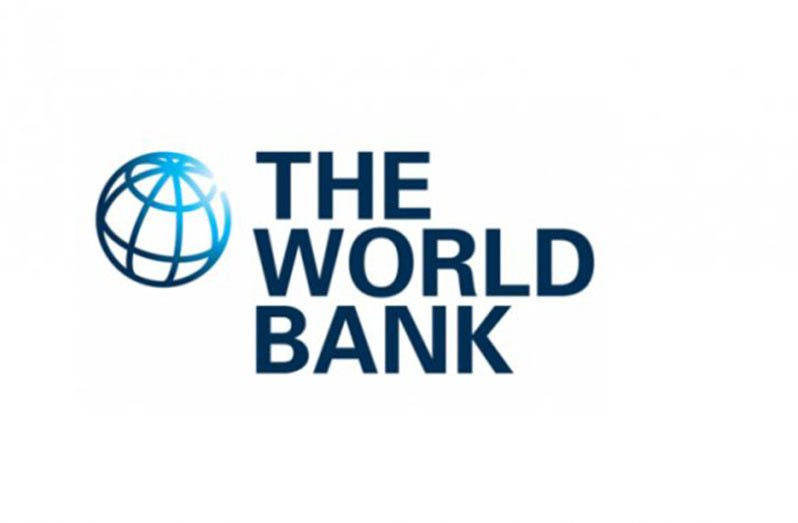AT a time when economies in Latin America and the Caribbean are returning to some level of normalcy after the COVID-19 pandemic, Guyana’s economy, driven by its growing oil and gas sector and growth in other productive sectors, is reaching new heights, with growth projected to reach 57.8 per cent by the end of this year.
According to the World Bank, in its latest report: “New Approaches to Closing The Fiscal Gap,” the country will marginally surpass its projected 56 per cent growth rate for this year and continue along its positive trajectory over the next two years, with anticipated growth of 25.2 per cent in 2023 and 21.2 per cent in 2024.
The nation’s regional counterparts are also expected to perform well in the near future and recover from the debilitating effects of the COVID-19 and, to some extent, the ongoing war in Ukraine.
“Latin America and the Caribbean economies have recovered to their pre-pandemic levels and the region has regained some sense of normalcy, but economies need to be reignited in order to avoid a new low-growth cycle,” the World Bank said.
The international financial institution said that social and infrastructure investments could be important drivers of growth and shared prosperity.
The report estimates regional Gross Domestic Product (GDP) will grow by 3.0 per cent in 2022, a higher than previously expected rate due to rising commodities prices.
“However, strong global uncertainty as a result of the war in Ukraine, higher interest rates in developed countries and the persistent inflationary pressures will impact economies in the region,” the World Bank reported.
Low growth rates of 1.6 per cent and 2.3 per cent are expected in 2023 and 2024, respectively, similar to the lackluster levels of the decade of 2010 and insufficient to achieve significant progress in reducing poverty. Inflation, while for most countries is at OECD levels, will require continued efforts to reduce to previous target levels.
“Most economies have returned to pre-pandemic levels, but that is not enough. Countries in the region have the opportunity to rebuild better after the crisis and achieve more just and inclusive societies,” said Carlos Felipe Jaramillo, World Bank Vice President for Latin America and the Caribbean.
He went on to say: “In addition to undertaking the reforms and investments critical to lifting growth, governments need to address the structural costs- the lost years of education, missed vaccines, and the delayed impacts of food insecurity that the recovery of GDP obscures.”
The region is well placed to rethink its development path. Employment levels have almost fully recovered to pre-pandemic levels, schools have reopened and, with exceptions in the Caribbean, the high rate of vaccination against COVID-19 allowed for a return to normalcy.
Regarding Guyana, the International Monetary Fund (IMF), in a recent report, said increasing oil production could help transform the economy, address development needs, and build substantial buffers to absorb shocks.
Oil production is expected to increase significantly with the coming on stream of two large oilfields during 2023–2026. And, as it is now, Guyana’s commercially recoverable petroleum reserves are the third largest in Latin America and the Caribbean, and one of the highest levels of oil reserves per capita in the world.
The IMF said: “This could help Guyana build up substantial fiscal and external buffers to absorb shocks while addressing infrastructure gaps and human development needs. However, increased dependence on oil revenues will expose the economy to volatility in global oil prices.
“A slowing global economy and the repercussions from the war in Ukraine could also adversely affect non-oil exports. On the other hand, higher global oil prices and additional gas and oil discoveries could significantly improve Guyana’s long-term economic prospects.”
Considering the potential challenges related to volatility in global oil prices and effective management of natural resources, the IMF highlighted the need for continued prudent policies and structural reforms, assisted by technical assistance, to avoid the build-up of macroeconomic vulnerabilities, ensure inclusive growth and intergenerational equity, as well as address structural weaknesses and climate challenges.








.png)







